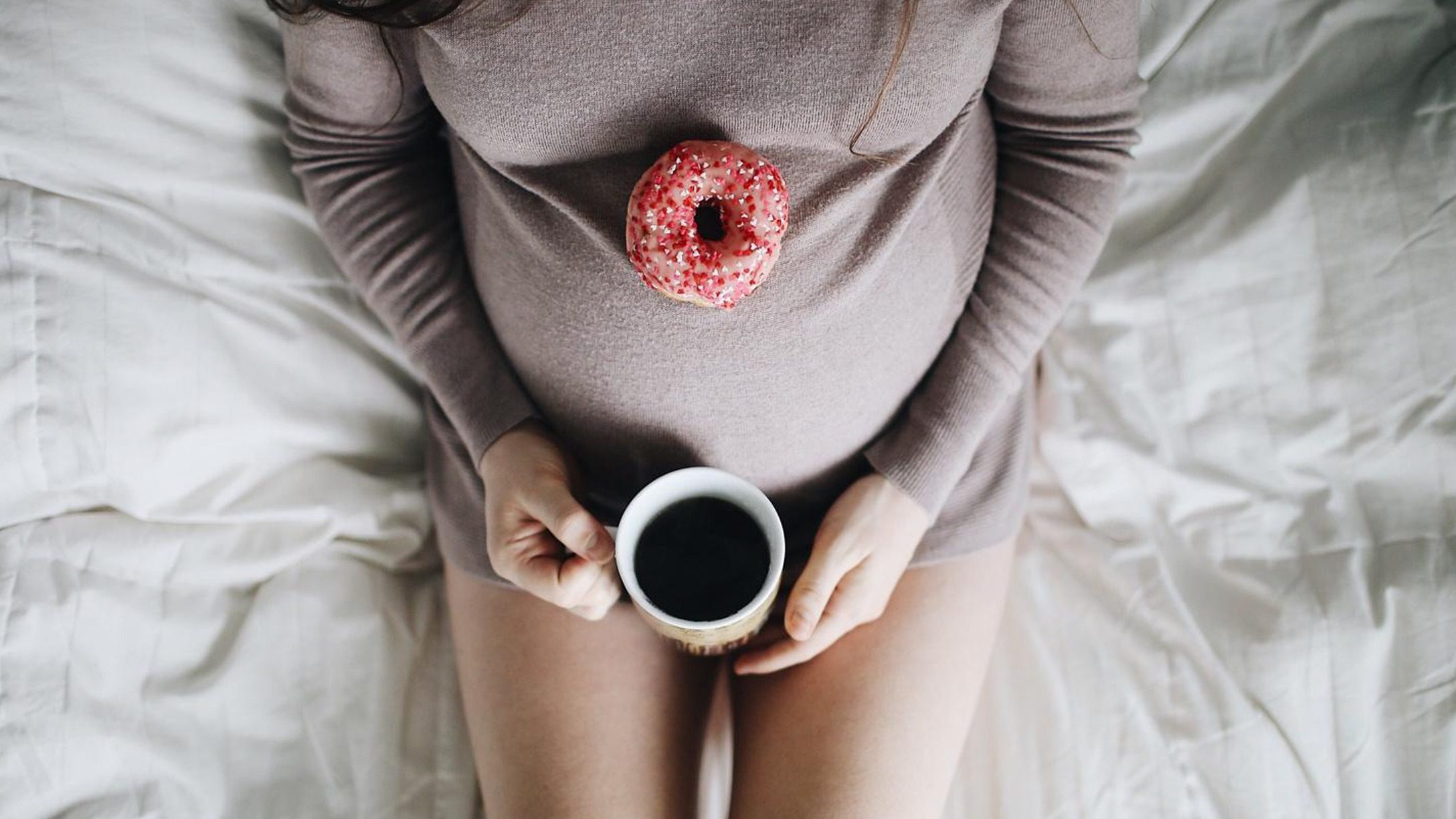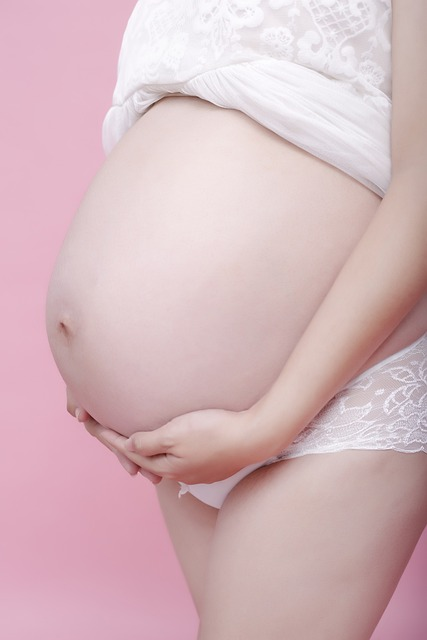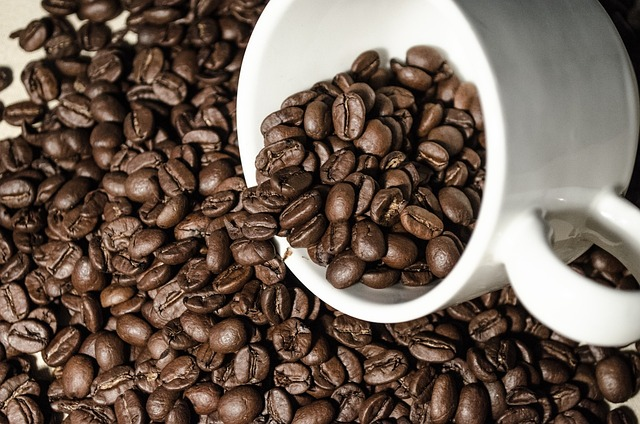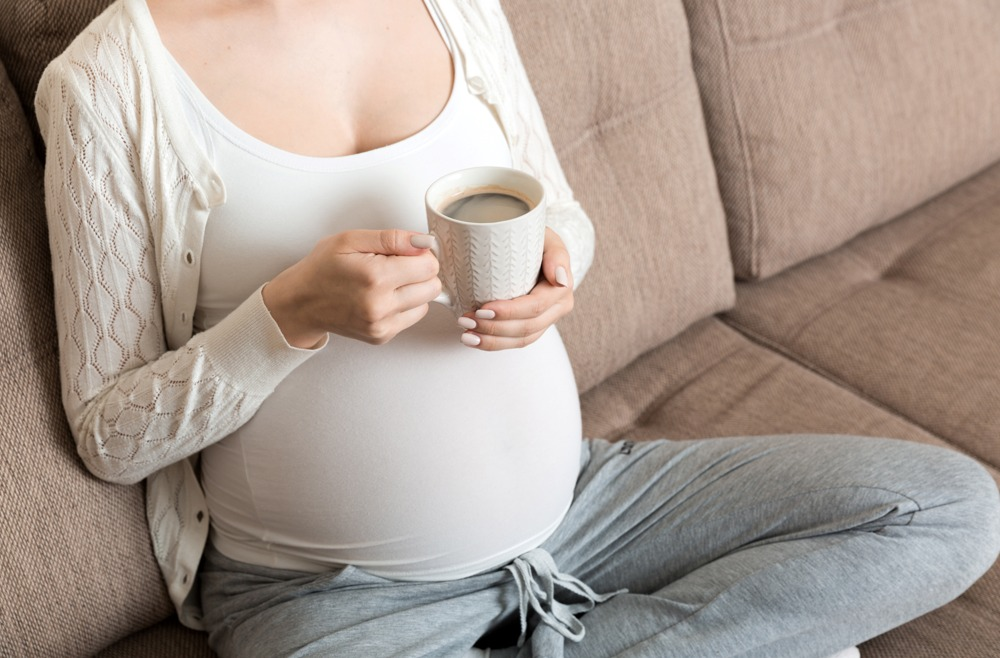
Ah, the aroma of coffee! It’s a scent many of us can’t resist, especially on those sleepy mornings. But what happens when you find out you’re expecting? Is it time to say goodbye to your beloved cup of joe? Not necessarily! Today, we’re diving deep into the question: Can you drink decaf coffee while pregnant?
The Basics of Decaf Coffee
Decaf coffee is regular coffee that has undergone a process to remove at least 97% of its caffeine content. This procedure leaves you with a cup with all the aroma and flavor you love but only about 2.4 mg of caffeine in an 8-ounce serving. Various decaffeination methods exist, from solvent-based to the Swiss Water Process, each aiming to keep the coffee’s flavor intact. So, if you’re worried about missing out on taste, rest assured that modern decaffeination techniques have come a long way in preserving the coffee’s original flavor.

Why Pregnant Women Consider Decaf
Pregnancy is a joyful yet cautious time, with caffeine often landing on the list of substances to limit. Excessive caffeine can lead to complications like low birth weight and even miscarriage. Decaf coffee offers a middle-ground solution, allowing you to enjoy the ritual of coffee drinking without the high caffeine content. Healthcare providers, including the American College of Obstetricians and Gynecologists, often recommend limiting caffeine to 200 mg daily during pregnancy. Decaf fits well within these guidelines, making it a viable option for pregnant moms who aren’t ready to give up their coffee rituals.
By understanding what decaf coffee is and why it’s a popular choice among pregnant women, you can make an informed decision that aligns with your lifestyle and health needs. Always consult with your healthcare provider for advice tailored to your specific situation.

The Pros of Drinking Decaf Coffee While Pregnant
Lower Caffeine Content
The Numbers Speak
Decaf coffee contains just about 2.4 mg of caffeine per 8-ounce cup. To put this in perspective, a regular cup of coffee can contain up to 96 mg of caffeine. That’s a significant reduction, making decaf a safer choice for caffeine-conscious moms-to-be.
Fewer Jitters, More Joy
Lower caffeine means fewer jitters and a reduced risk of insomnia. This is particularly beneficial during pregnancy when sleep is already a luxury!
Antioxidant Benefits
The Power of Antioxidants
Decaf coffee retains most of the antioxidants found in regular coffee. Antioxidants fight free radicals in your body, which can be harmful in large amounts.
A Boost for Mom and Baby
These antioxidants are not just good for you; they’re also beneficial for your growing baby. They can contribute to cellular health and even cognitive development.
Emotional Comfort
More Than Just a Drink
For many of us, coffee is an emotional experience. It’s a morning ritual, a reason to catch up with friends, or a moment of solitude.
Keeping the Ritual Alive
Decaf allows you to keep this comforting routine without compromising your baby’s health. You can still have your “coffee time” with a safer twist.

The Cons of Drinking Decaf Coffee While Pregnant
Some Caffeine Remains
Not Completely Caffeine-Free
While decaf is a low-caffeine option, it’s not entirely caffeine-free. If your healthcare provider has advised you, decaf won’t make the difference.
The Cumulative Effect
Remember, caffeine is also found in other sources like chocolate and sodas. The small amounts in decaf can add up if you consume other caffeine-containing products.
Chemical Concerns
The Decaffeination Process
Various methods are used to decaffeinate coffee, and some involve chemical solvents. While these are generally considered safe, some moms prefer to avoid any chemical exposure.
Opt for Natural
Water-processed decaf is a chemical-free option. Look for brands that specify their decaffeination process to make an informed choice.
Acid Reflux
The Acidic Nature
Coffee is naturally acidic, which doesn’t change when decaffeinated. Acidic foods and drinks can exacerbate heartburn, a common issue during pregnancy.
Pair Wisely
If you drink decaf, pair it with alkaline or neutral foods like whole-grain toast or a banana to balance the acidity.
By understanding these nuanced pros and cons, you can make a more informed decision about including decaf coffee in your pregnancy journey. Always consult your healthcare provider for advice tailored to your specific needs.

What Do the Experts Say?
According to the American College of Obstetricians and Gynecologists (ACOG), pregnant women should limit their caffeine intake to no more than 200 mg per day. Decaf coffee, with its minimal caffeine content, generally fits well within these guidelines when consumed in moderation.
However, it’s crucial to note that some studies have indicated a potential risk of miscarriage with excessive decaf consumption. So, while decaf is a safer option, moderation remains vital. Always consult your healthcare provider for personalized advice, especially if you have specific medical conditions or concerns during pregnancy.
Alternatives to Decaf Coffee
You have various choices if you’re searching for entirely caffeine-free options. Herbal teas like chamomile and peppermint are excellent alternatives offering unique health benefits, such as relaxation and digestive aid. Chicory root coffee provides a coffee-like taste without caffeine and is rich in inulin, a prebiotic fiber.
Lemon water is refreshing and packed with vitamin C, while warm apple cider offers a cozy, seasonal alternative that can satisfy your sweet tooth. Each option allows you to enjoy a warm, comforting beverage without any caffeine concerns.

Tips for Drinking Decaf Coffee Safely
When it comes to drinking decaf coffee safely during pregnancy, there are a few guidelines to consider. First, opt for water-processed decaf to steer clear of any chemicals used in some decaffeination processes. Second, even though decaf is low in caffeine, it’s wise to limit yourself to one or two cups a day to stay within the safe caffeine limits recommended by healthcare professionals.
Lastly, pair your decaf coffee with a healthy snack like whole-grain toast or a banana. This can help balance the coffee’s acidity, reducing the risk of heartburn, a common pregnancy symptom.
By considering these expert opinions, alternatives, and safety tips, you can make a well-informed decision about your coffee consumption during pregnancy.
Conclusion
So, can you drink decaf coffee while pregnant? The answer is most likely yes, but moderation is essential, as with everything during pregnancy. Always consult your healthcare provider for personalized advice.
There you have it, moms-to-be! You don’t have to give up on coffee entirely; you must be more mindful.
What’s your take on drinking decaf while pregnant? Share your experiences and tips in the comments below!


Leave a Reply